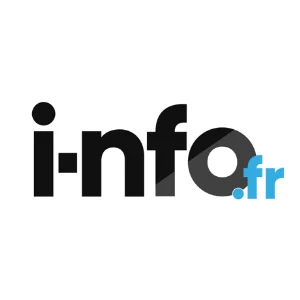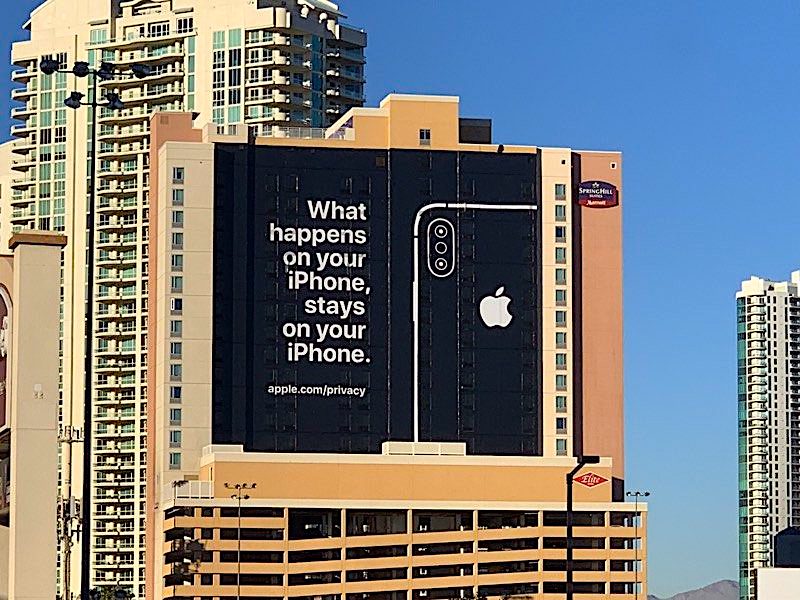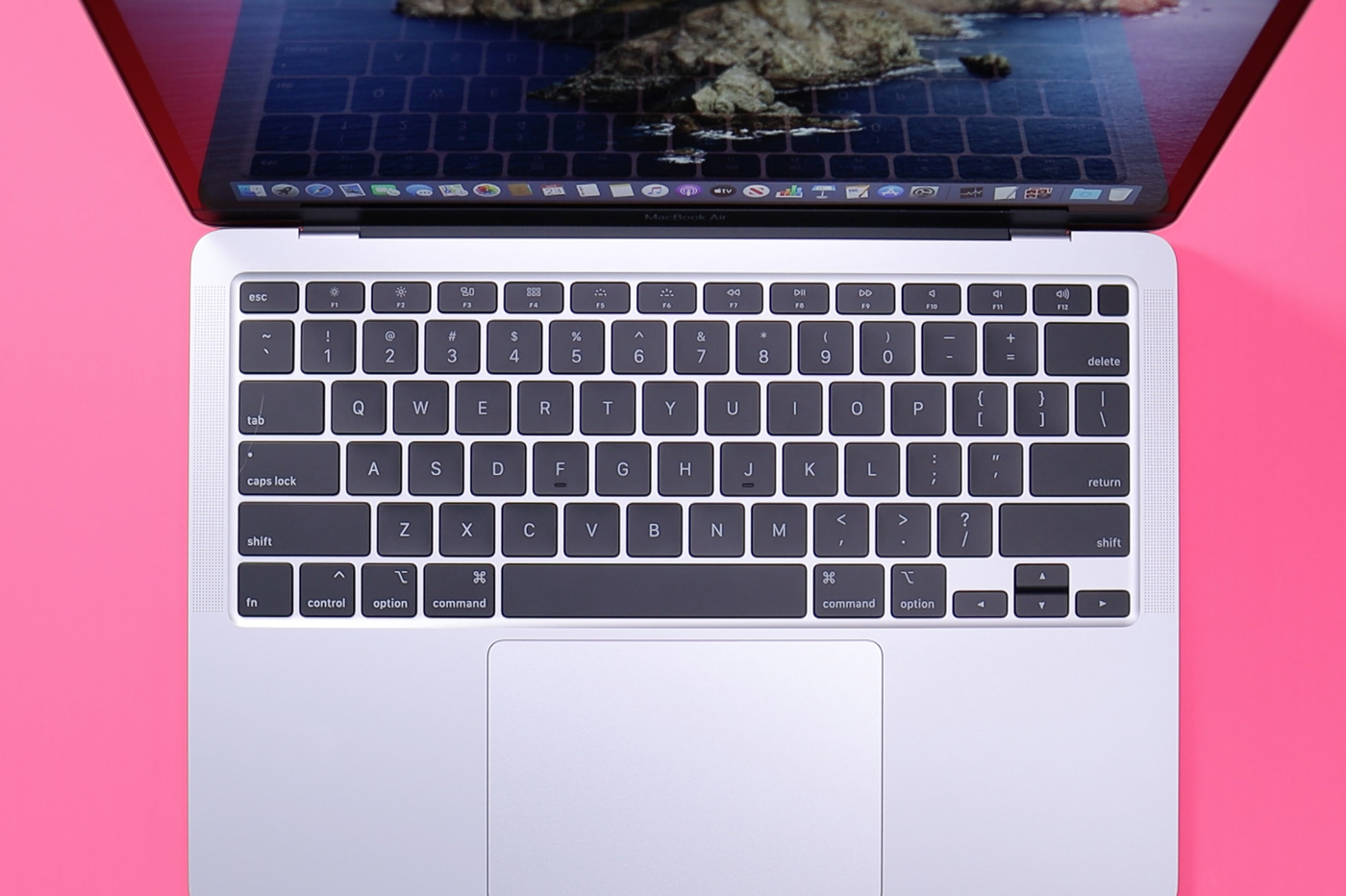Updated May 2, 2021: the European Commissionhas made it officialits desire to combat the restrictions imposed by manufacturers on access to the NFC functionalities of smartphones. In short, the EU wants to push Apple to be a little more open with regard to NFC for iPhones and Apple Pay.
Apple has been equipping its iPhones with NFC technology for years. But as the Cupertino company is a fan of closed systems, access to this technology on its smartphones is very limited for developers of third-party applications, particularly with regard to payment services.
EU would like to force Apple to open iPhone payment technologies to other developers
And this risks causing problems for the firm in Europe. Indeed, according to an article published by the Financial Times, which cites sources close to the matter, Apple would soon face antitrust accusations from Brussels next week, because of these limitations concerning NFT technology.
Investigators would accuse Apple of unfairly blocking companies like PayPal as well as banks from its mobile payment system. The firm could face a fine of up to 10% of its turnover.
The case was opened in 2020, when the European Commission announced an investigation into Apple's practices on mobile payments.
“It appears that Apple is setting the terms of use of Apple Pay in merchant apps and websites. It also reserves the “tap and go” functionality of iPhones for Apple Pay. It is important that Apple's measures do not deprive consumers of the benefits of new payment technologies, including better choice, quality, innovation and competitive prices. So I decided to take a close look at Apple's practices regarding Apple Pay and their impact on competition., declared Margrethe Vestager, executive vice-president of the European Commission, when announcing this investigation in 2020.
This was opened at a time when mobile payment systems and contactless payment were gaining ground around the world.“This growth is accelerated by the coronavirus crisis, with the proliferation of online payments and contactless payments in stores”, Vestager also explained.
During its preliminary investigation, the European Commission observed that Apple's conditions regarding the integration of Apple Pay on sites and apps could harm competition. As mentioned above, it also noted, in 2020, the fact that only Apple Pay can access the NFC “tap and go” functionality of iOS.
As usual, caution is required while awaiting formalization. But if the European Commission announces new charges against Apple next week, it will increase the pressure that the EU exerts on the American giants of new technologies and in particular on Apple.
European Union: a certain number of regulations in the pipeline
As a reminder, the EU is currently working on a certain numbernew regulations, such as the Digital Services Act or the Digital Market Act. The latter could force Apple to draw a line under the closed iOS system, by authorizing sideloading (which consists of installing applications without going through the official store).
And with regard to hardware, the European Union is also considering implementing regulations that will impose universal technology for charging electronic devices. Concretely, if this project is adopted, Apple would be forced to abandon its proprietary Lightning technology andd’adopter l’USB-C, like everyone else, for charging and transferring data to the iPhone.

i-nfo.fr - Official iPhon.fr app
By : Keleops AG






